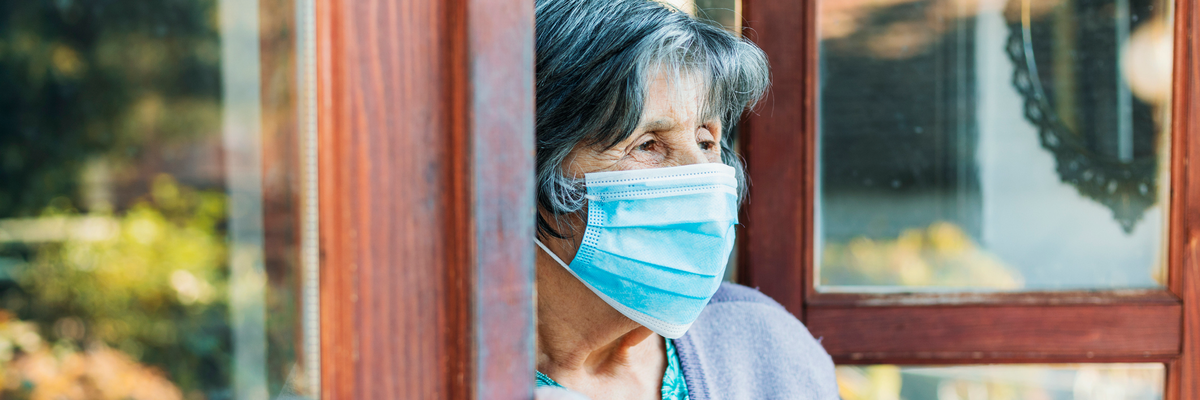America continues to report record-levels of COVID-19 cases across the country, particularly in the Midwest. The latest Yahoo News/YouGov poll indicates that America's rising case count also brings heightened concern about the coronavirus — though, not all voters are equally worried.
This week, about one-third (36%) of registered voters say they're “very worried” about coronavirus, the highest level in Yahoo News/YouGov data since mid-July. Another one in three voters (35%) are at least “somewhat worried” about the disease.
Most Democrats (57%) are very worried about the pandemic this week, the highest level yet recorded and a 10-point jump from the prior week (47%). Nearly all Democrats (93%) are at least somewhat worried about the coronavirus.
Far fewer Republicans are so concerned. This week, about one in eight (13%) say they are “very” worried, about the same level as last week. Overall, three in 10 Republicans (31%) are “somewhat worried” about coronavirus this week, but most (56%) are not very worried or not worried at all.
Despite the increased case counts, disapproval of President Trump's COVID-19 performance has remained stable. A majority of registered voters (58%) and Independents (58%) somewhat or strongly disapprove of how President Trump handled the issue, compared to about nine in 10 Democrats (93%) and just one in nine Republicans (11%).
Related: Voters across party lines see COVID-19 case counts increasing
See the toplines and crosstabs from this week’s Yahoo News/YouGov Poll
Methodology: The Yahoo! News survey was conducted by YouGov using a nationally representative sample of 1,500 U.S. registered voters interviewed online between October 23 - 25, 2020. This sample was weighted according to gender, age, race, and education based on the American Community Survey, conducted by the U.S. Bureau of the Census, as well as 2016 Presidential vote, registration status, geographic region, and news interest. Respondents were selected from YouGov’s opt-in panel to be representative of all U.S registered voters. The margin of error for the entire sample is ±3.0%
Image: Getty












